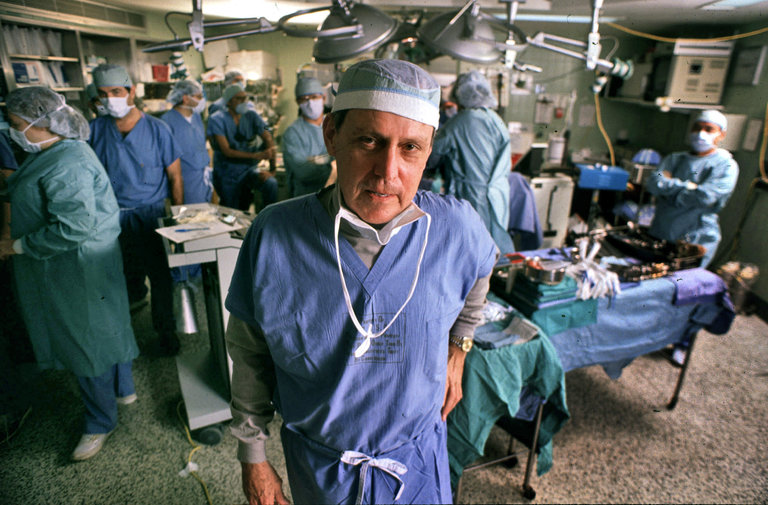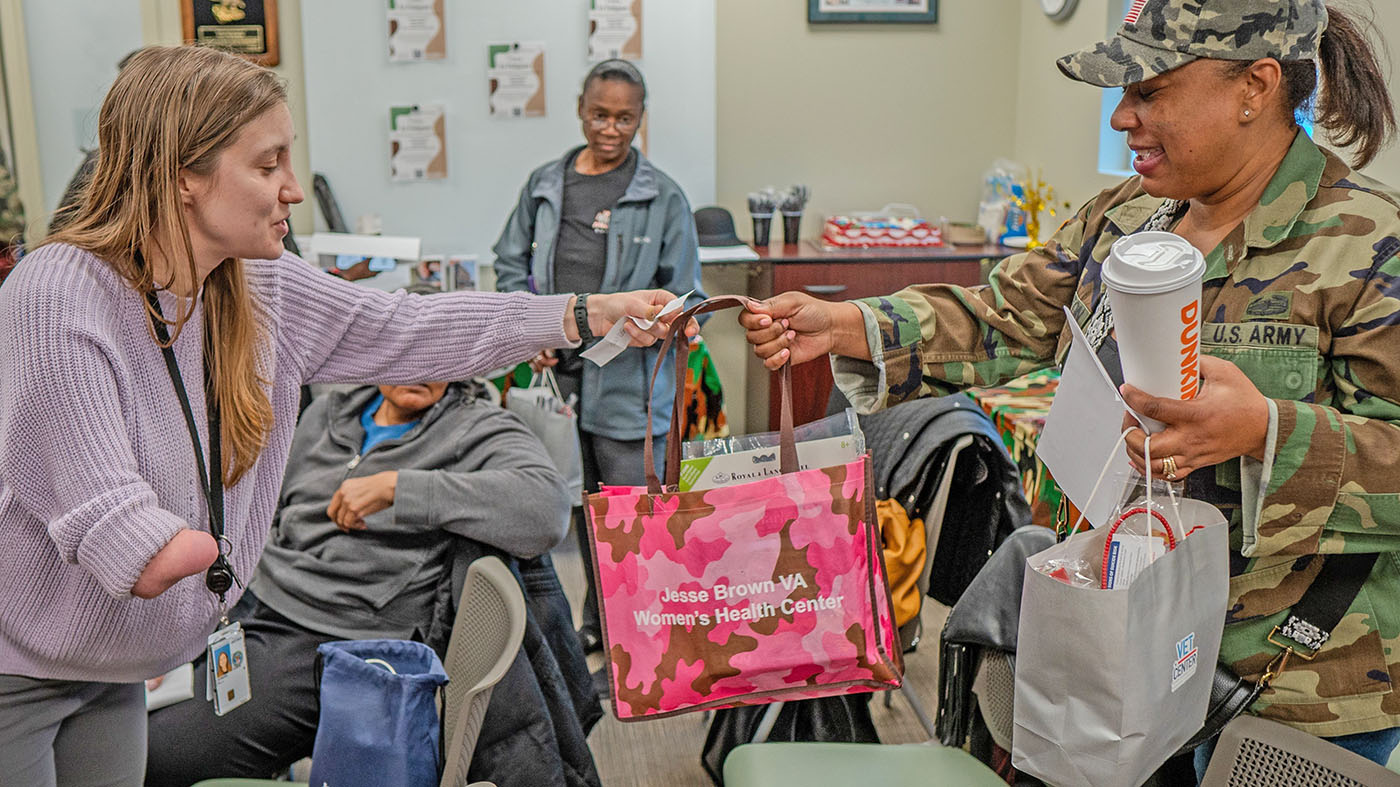The world of medical science lost a giant earlier this month. Dr. Thomas E. Starzl, who was a VA transplant surgeon and research scientist for more than 50 years, died March 4 at age 90.
Dr. Starzl was widely regarded as the “father of transplantation.” He is credited with performing the first successful liver transplant on May 5, 1963. No patient had survived the operation previously. While Dr. Starzl’s patient did succumb to pneumonia weeks after the transplant, it was still considered a groundbreaking success and paved the way for life-saving procedures for others in the years to come.
Dr. Starzl, a Navy Veteran, would go on to perform the first series of repetitively successful kidney transplants, also starting in the early 1960s. As a VA researcher, he greatly advanced the science of organ transplantation on the whole.
Dr. Starzl began his VA career in the 1950s as a resident surgeon in the Chicago VA Medical Center. In 1962, while serving as chief of surgery at the Denver VA Medical Center and as a faculty member at the University of Colorado Medical Center, he would perform the first in a series of successful kidney transplants, with patients surviving longer than had previously been possible. It should be noted that it was Dr. Joseph Murray, from Harvard Medical School, who is credited with the first-ever successful kidney transplant, in 1954. That patient went on to survive eight years.
In 1963, Dr. Starzl attempted the first, human liver transplant. The patient died during the operation. Several subsequent operations proved that transplanted livers could function, and were considered successful in some regards, but they did not result in long-term survival.
A dedicated and determined scientist and compassionate physician, Dr. Starzl worked to improve the procedure and began transplanting livers again in 1967. This time, he treated patients with three drugs, including an antibody, anti-lymphocyte globulin, which curbs rejection. Survival times began to exceed one year, and eventually stretched to decades. Dr. Starzl would follow up with further enhancements to the regimen in future years, such as the introduction in 1980 of cyclosporine, a new anti-rejection medication.
In 2011, Dr. Starzl received the Lasker-DeBakey Clinical Medical Research Award, one of the most respected science prizes in the world. He is one of seven VA researchers to have earned the award.
The transplant pioneer joined what is now the VA Pittsburgh Health Care System and the University of Pittsburgh School of Medicine in 1981. The university named one of its medical research buildings and its transplantation program after him. Even into his late 80s, he remained active in research at the university, finding new ways to further lessen the risk of organ rejection and prevent the harmful side effects of immunosuppressive therapy.
Today, VA has a coast-to-coast network of transplantation sites, encompassing more than a dozen sites in all. VA surgeons, still relying on many of the approaches and techniques that Dr. Starzl developed, perform solid organ transplants — of the kidney, liver, heart, lung and pancreas — as well as bone marrow and stem cell transplants. In some respects, VA’s system has become a model for others — for example, in reducing racial disparities in the processes leading up to transplants.
In short, every organ transplant performed by surgeons within VA or anywhere else still relies, to an extent, on the brilliant pioneering research and clinical work of Dr. Thomas Starzl. For that, we owe him a debt of gratitude.
To learn more about VA research, visit www.research.va.gov.
Photo above: Dr. Thomas E. Starzl in 1989 at the University of Pittsburgh Medical Center. Photo credit Gene J. Puskar/Associated Press
Topics in this story
More Stories
VA Research Advisory Committee on Gulf War Veterans’ Illnesses hosting Veteran Engagement Sessions in Phoenix for 1990-91 Gulf War Veterans.
Navy Veteran and president of the American Medical Association got a colonoscopy and encourages other Veterans to do the same.
Chicago Vet Center and VA gave women Veterans information on VA services available to them.







How come the V.A. is trying to charge me 4000 dollars for a M.R.I ?
.
When will the VA help with Stem Cell procedure for
COPD? With treatment it can increase up to 50
present of air to lungs.